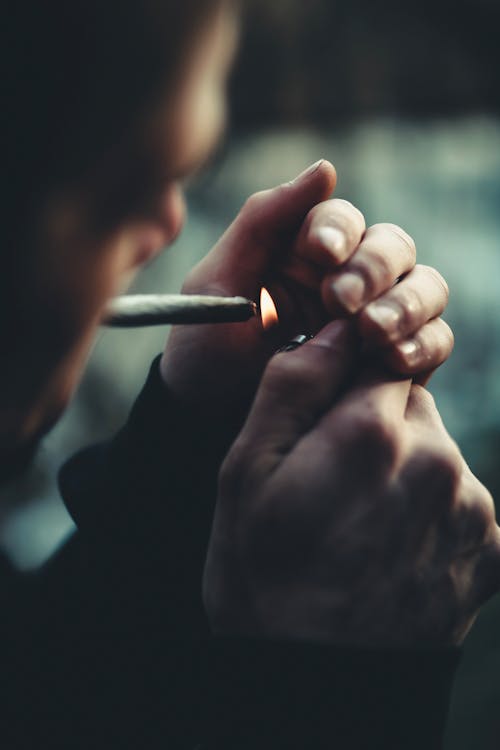One of the biggest challenges that people in addiction recovery face is having to deal with their triggers. When it comes to addiction triggers, they manifest differently for different individuals.
For instance, someone might get triggered to drink when they attend a party and alcohol is being served there. In some cases, they might be facing a great deal of stress at work, and taking alcohol might feel like the only solution.

Even though it might be hard to completely avoid triggers, you need to be more conscious about knowing them so that you can make the right decisions that will ensure your sobriety in the long term.
Know how addiction develops
To know how to spot your addiction triggers, you need to learn how addiction develops. This might need the external help of a counselor or therapist because they are usually in the best position to explain it to you. When they conduct an in-depth evaluation of your situation, they can give you a custom-fit reason why you became addicted.
Be familiar with the symptoms of addiction triggers
Not all addiction triggers apply to everyone. This means that what triggers individual A might not affect individual B. However, you need to know the general symptoms that come with addiction triggers so that when you begin to experience them, you will know what is happening to you.
Keep in touch with the addiction counselor or therapist
If you are in addiction recovery or you are sober, it is crucial not to neglect the support that an addiction counselor or therapist gives. When you meet regularly with these health professionals, they will be able to notice any pattern that comes with addiction triggers.
When you miss the old days of addiction
Another way to identify your addiction triggers is when you begin to miss the days when you enjoyed the thrill that came with addiction.
If you find yourself reminiscing about the time when you were addicted, then it is a strong indication that you might likely return to your addiction.